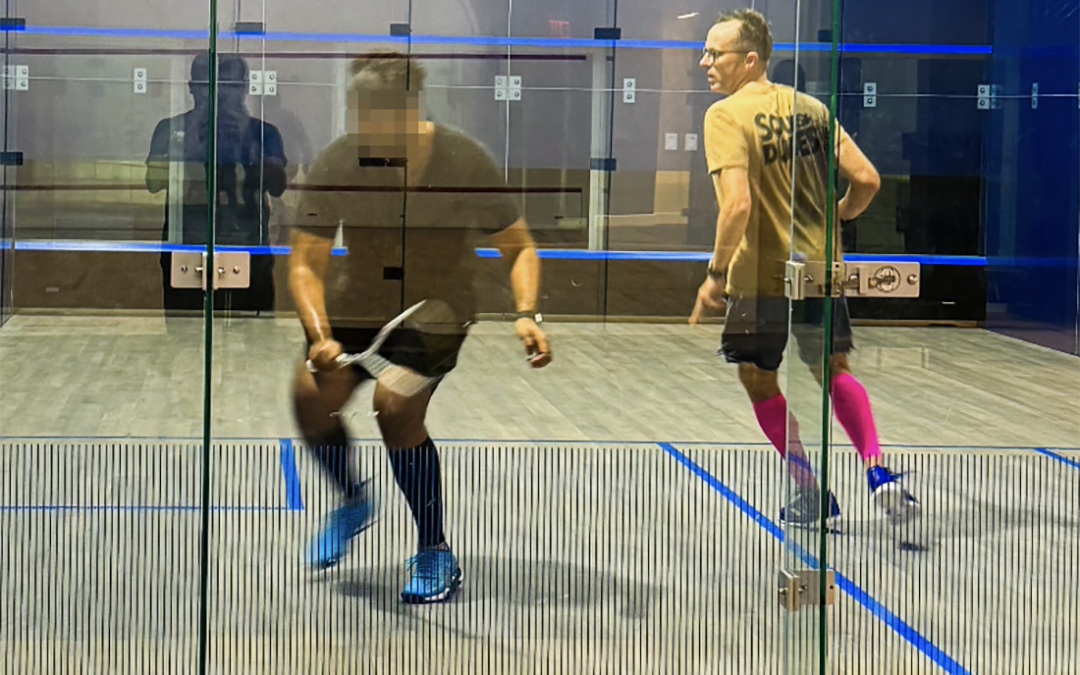I’ve been working long hours through the Middle East crisis. It’s a fraught time for many. It’s an honor to be able to serve my clients with strategic communications advice at times like these.
This is not the first time I’ve been in such a position. My experience serving through various crises has taught me a couple of things. The most important is to stick to your game plan under pressure. You must back yourself.
Here’s why. External pressure is what forces communications mistakes. Most of my clients have a flowchart in place to decide how and when to issue a statement. These are effective ways to take emotion out of decision-making when you need clarity. Moments of terrorism and war make clarity harder to come by. But they are when you must dig in and trust your preparation. They are when you must trust your instinct, planning, and ability.
Questions in such a flowchart might read something like this:
- Is the news related to our core issues?
- Have we spoken up about these issues in the past?
- What is our gutfeel about whether we should say something?
- Will our constituency expect us to say something?
- Will saying something harm our community?
- Do we have something important and unique to say?
- What is the risk of saying something?
- Does the issue fall under the umbrella of issues our audience cares about?
That said, the current crisis reminds me of a famous Mike Tyson quote, on the communications front. Asked if he Evander Holyfield’s “fight plan” concerned him, he said:
“Everybody has a plan until they get punched in the mouth.”
That was, it turns out, an evolution of a similar quote by an earlier boxer, Joe Louis. And he took it from a German General in 1880:
“No plan survives first contact with the enemy.”
I’ve been reflecting on all this through my work but also during squash practice. The game, squash, puts huge pressure on you to make mistakes. You’re tempted to abandon your game plan. If the other player hits too hard or too fast, it’s easy to break down under pressure. But those are the moments when the thoughts you had before you stepped on court matter more. Even if your only thoughts were “watch the ball” and “follow through when you hit it.” You must slow down to move correctly. It’s more important than ever to repeat those thoughts to yourself when you’re 8-6 down in the decider. If you decide to try something different at that point it almost always leads to a loss. One needs to have focus and discipline.
I’m not saying any of us will always get every call right, even at key moments. What I do know is that moments of intense pressure bring out the toughness and resilience in many of us. One can only learn how to navigate them by acquiring more experience. It is why I would always hire an experienced communications expert in a crisis. People watch you more intently at times like this. They want to know they can trust you.
The other big thing I’ve learned about navigating crises is to take time out for mental health. That means more sleep, a healthy diet, and plenty of water. Cutting down on the caffeine and alcohol. Drawing healthy boundaries. Not being too hard one oneself. Remembering that everybody is going through a challenging time. Again, one is aiming to cut down on mistakes that come about because of being too reactive. Meditation helps me.
I hope you’re doing as well as can be expected, right now. Meanwhile, I’m praying for peace. And thanks for reading, as always.


